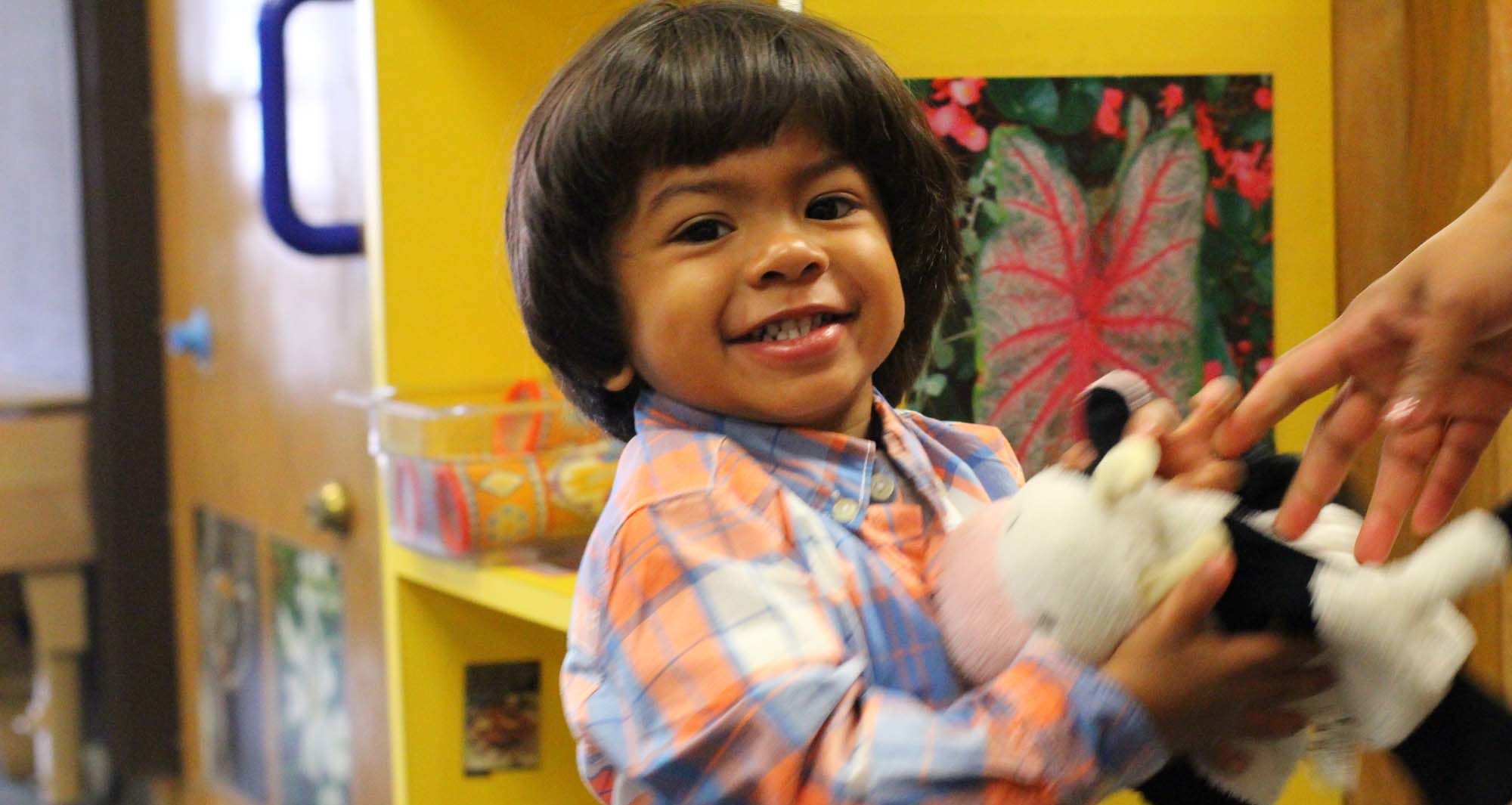Early Childhood Mental Health
Social and Emotional Child Development
Mental Health Prevention and Early Intervention
Research tells us adverse childhood experiences (ACEs) can have an effect on brain development, and subsequently, how children process strong emotions. In the early learning setting, these effects can present themselves as behavior issues, which in turn, disrupt the entire classroom.
Did you know a child is 10 times more likely to be expelled in preschool than in any other grade, K-12? If children bounce from program to program, or even worse, cannot remain in a program at all, those critical early years of brain development can be lost, and make it hard–even impossible–for them to catch up to their peers.
Supporting Parents
Parenting is no easy task. At times, it can be extremely challenging — causing anxiety, frustration, and stress. Whether you’re a new, first-time parent, or you’re dealing with an issue that has arisen as you progress as a parent.
Addressing Adverse Childhood
Experiences (ACEs)
Traumatic events can have a profound impact on mental and physical wellbeing. The impact can be especially severe for young children who often have trouble verbalizing their concerns after a traumatic experience.
Supporting Teachers
and Early Learning Programs
The Family Conservancy’s early childhood mental health experts partner with early learning programs to promotes healthy social and emotional development and teach children resiliency and coping skills for managing stress — which can lead to classroom challenges. In addition to working directly with children, mental health professionals work with teachers to increase their ability to identify and support the needs of the children in their classroom.

Success Story
Alex used to become overwhelmed in his busy preschool classroom. He struggled to control and communicate his emotions. It wasn’t unusual for him to act out by kicking, screaming and writhing on the floor in protest to seemingly simple requests. Nearly every day he would experience these inconsolable outbursts. His teacher struggled to maintain classroom routine while attending to Alex’s needs, and often felt helpless in her efforts to console him.

